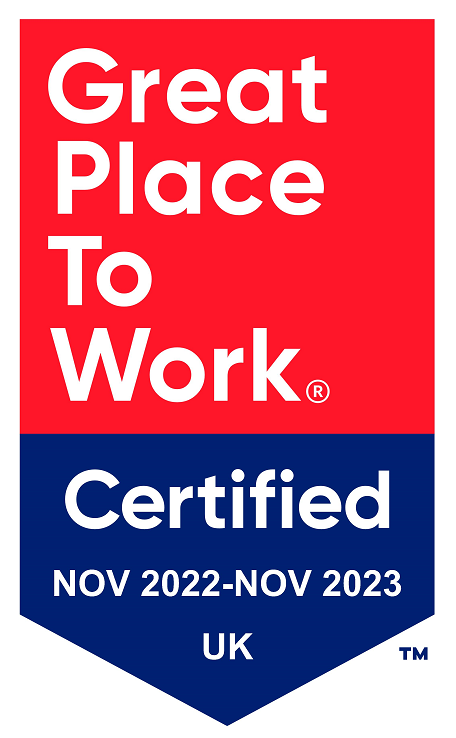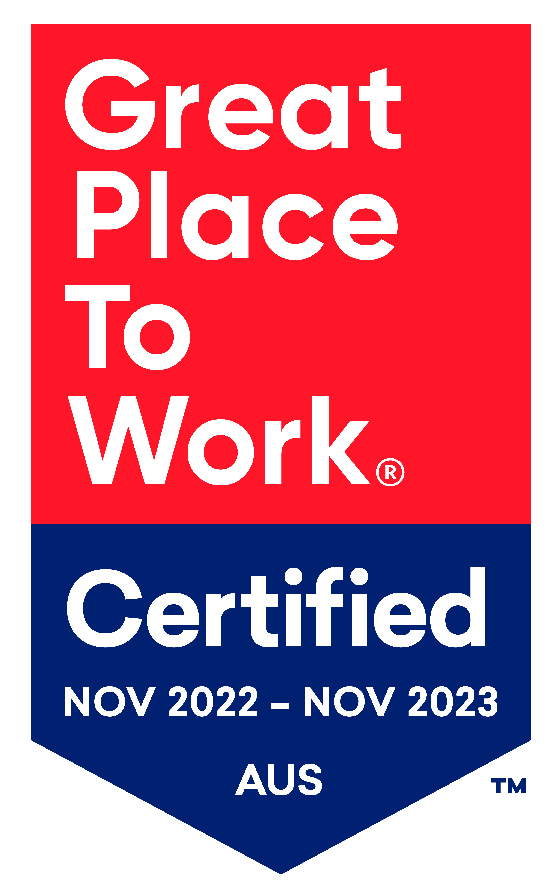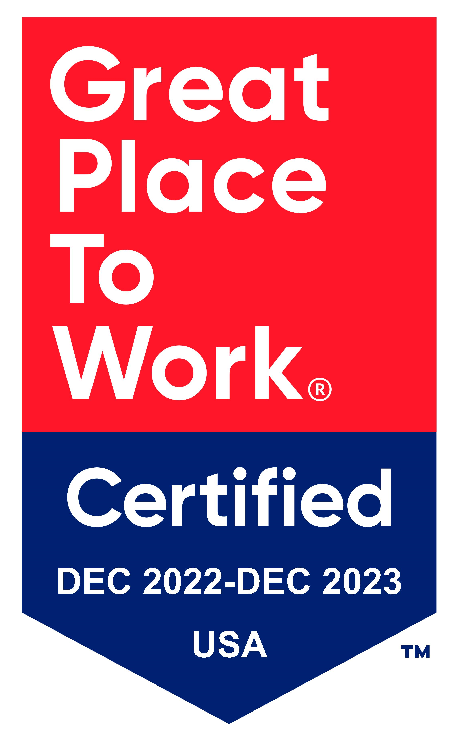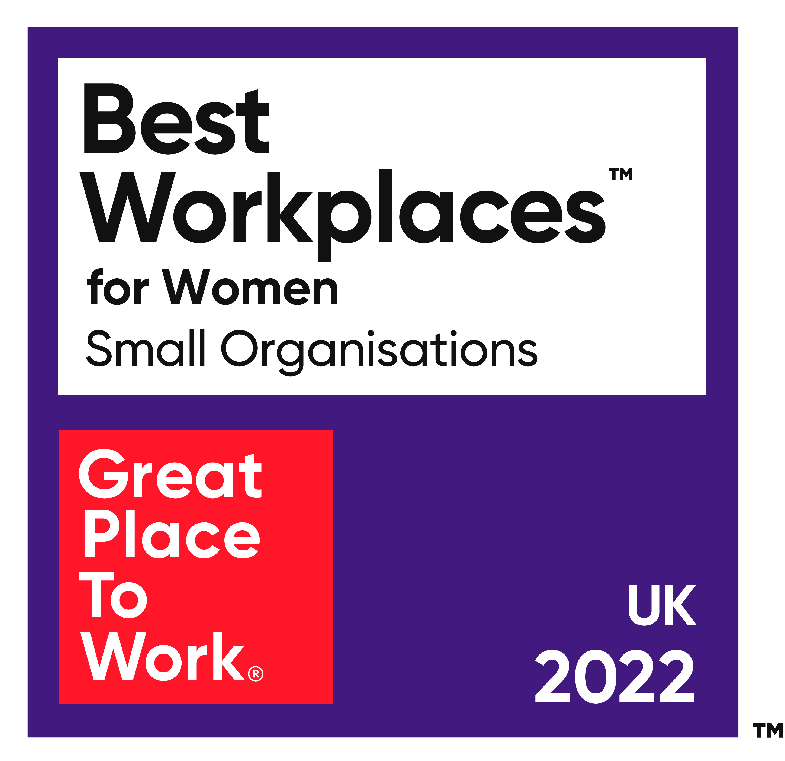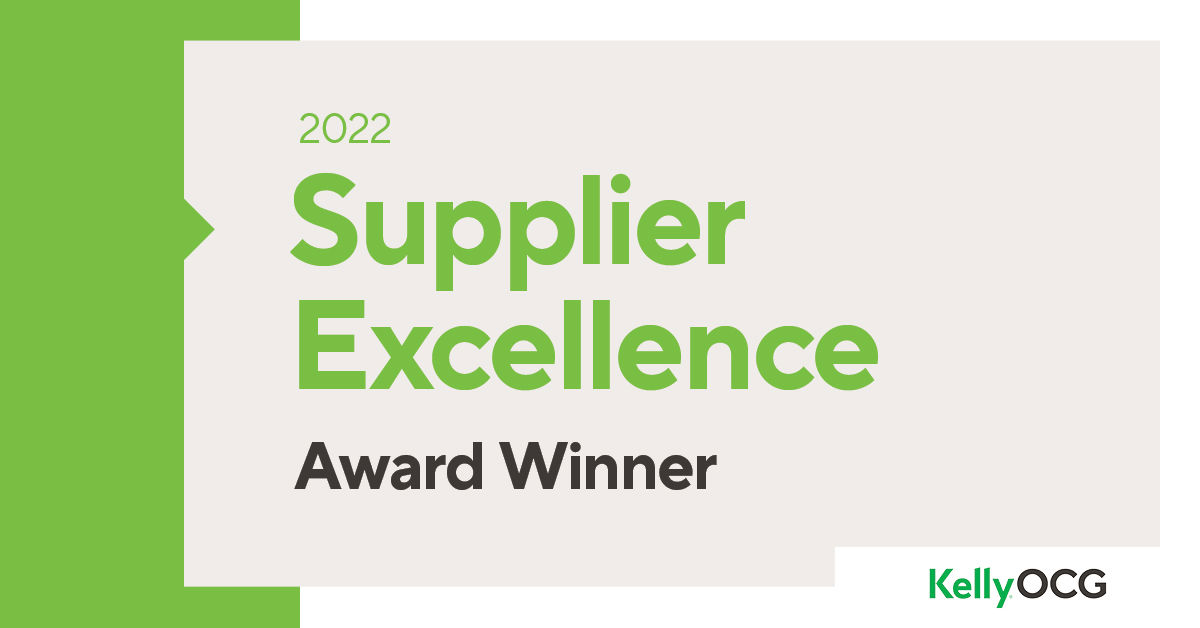
Career Advice for Moving into the Life Sciences Industry
03 Jul, 20237 minutesWhether you're looking to start your journey in the life sciences industry or are hoping to ...

Whether you're looking to start your journey in the life sciences industry or are hoping to make a move within a particular specialism, a career in life sciences comes with a variety of excellent opportunities and career progression. As experts in developing the life sciences careers of ambitious professionals, we've decided to provide some career advice to talent seeking to move into the life sciences industry.
1. Pick a career in the life sciences industry
As you embark on a career in life sciences, first, you should consider figuring out which aspect of the industry you want to specialise in.
Here are some of the key areas of the life sciences industry you could pursue:
- Biometrics
- Clinical Operations
- Clinical Development
- Commercial
- Drug and Product Safety
- Pharmaceuticals
- Tech Ops and Engineering
- Medical and Scientific
- Quality Assurance
- Regulatory Affairs
When deciding on which aspect of the life sciences industry you want to move into, it's important to do your research and see who the key life science companies are, the latest trends, developments and future projections of the specialism and what roles and career progression are available.
Focus on what motivates you and what will be best aligned with your career goals and objectives. For example, if you want to be involved in creating products that could better and save the lives of the global population, then jobs in drug development and the pharmaceutical industry could be for you.
You may already know which aspect of life sciences you want to move into and already have the skills and qualifications needed to transition into the specific specialism of the life sciences industry. If not, you can research each specialism in more detail and discover what's required to make a move into the specific niche.
2. Attain the top qualifications and life sciences skills
To be eligible for any life science job, whether an entry-level vacancy or senior and C-suite level position, you should ensure you have the credentials to succeed. Of course, the necessary qualifications and skills will depend on the specific job you're applying for and the employer's preferences.
Typically, life sciences jobs require candidates to have the following interchangeable life sciences skills and qualifications:
- Technical and Digital skills
- Research skills
- Analytical skills
- Ability to handle complex data
- Problem-solving skills
- A keen eye for detail
- An ability to think strategically
- Written and verbal communication skills
- Leadership skills
- A Bachelor's, Master’s degree or PhD in one of the following:
- Biochemistry
- Bioscience
- Biotechnology
- Engineering
- Pharmaceuticals
- Pharmacology
- Mathematics
- A related life science degree or higher-level qualification
Another great way of finding out what skills and qualifications are needed for your role is to browse job boards to find the positions most suited to your needs and read the job specifications. Employers and recruiters will usually list the required skills and qualifications they need for the role, so you'll have a good understanding of what you need to be equipped with.
If you don't have the specific skills and qualifications listed for the particular role or feel like you need to be more experienced, don't let this put you off from applying. You may have transferable skills from a previous or similar role to the one you're applying for, which the employer may desire. In terms of needing more experience, an employer may be prepared to take you on if you present yourself in the right way and they see potential in you.
3. Start networking
Another piece of career advice to support you in moving into the life sciences industry is to start networking. Networking is a great way to connect and build relationships with people from the fastest-growing companies, talent and recruiters in the life sciences sector. Additionally, networking is a fantastic method for sourcing the latest positions within the space to help develop your life sciences career.
Arguably the best way to start networking is through social media. You can utilise social media platforms like LinkedIn and Facebook to connect and follow professionals and organisations within the life sciences industry. Through social media, you can also join relevant groups within the sector and university alumni pages that will open doors to networking events and conferences that could lead to you finding a new opportunity.
You could also browse Google, industry-specific online channels and websites like Eventbrite to find events like webinars you can attend to uncover more opportunities to advance your career in life sciences.
4. Update your CV
Before you start applying for the latest life science jobs, it’s vital you update your CV. Whether it’s the first role you’re applying for within the sector or you’re using your CV to apply for a more senior position, your CV needs to be relevant and make you stand out from the crowd in a competitive talent market.
Here are some of the key things you should include and update before you upload your CV and send it to your potential future employer.
- Ensure your CV is tailored to the specific role you’re applying for
- Add relevant experience and qualifications in reverse chronological order
- 77% of recruitment consultants consider grammatical errors and spelling mistakes as dealbreakers, so make sure to proofread your CV thoroughly
- Provide a brief introduction about yourself but avoid adding too much detail about your personal life - for example, your age, and political and religious beliefs
- Talk about the relevant skills you have and examples of how you applied these to your previous experience
- Add a 'references available upon request section to give the employer an opportunity to ask for references from your previous workplaces
- Save your CV as a PDF unless the employer states otherwise
- Include bullet points to make your CV easy for the employer to read/scan through
A key thing to consider is that recruiters typically spend less than 10 seconds scanning your CV, so keep your CV concise and to the point while ensuring you sell yourself to your future employer.
5. Ready yourself for the interview stage
Once you’ve reached the interview stage and you’ve booked in time to meet your potential future employer, either face-to-face or remotely online, it’s essential you prepare yourself for the interview to give you the best chance possible of securing the role.
First impressions count, and you only have seven seconds to make an excellent first impression. So here are some things to consider to give the best first impression at the interview.
Research the company and come up with some questions to ask the interviewer about the role and the business, as studies have found that 47% of applicants fail at the job interview stage due to lacking knowledge about the company they applied to.
Ask questions when given the opportunity or at the end of the interview - this is a great way of showing your genuine interest in the position.
If the interview is conducted virtually, you should:
- Ensure your device is set up correctly, making sure your camera, speaker and microphone work
- Pick a suitable setting for the interview, one that isn't noisy, has a secure internet connection and has an appropriate background
- Keep eye contact with the camera and remain engaged
- Dress smart or in accordance with the company dress code
- Practice a mock interview with a friend or family member
- Ensure you arrive ahead of time
- Maintain eye contact throughout the interview
- Be confident
- Be yourself
6. You’re allowed to make the wrong career move
One of the biggest pieces of career advice that candidates often overlook or ignore is that you're allowed to make the wrong career move. Throughout your career, you'll make mistakes, you might choose a career that's not right for you, and you may not find your feet straight in a role straight away.
“You’ll never know the job is right until you’ve been doing it for six months at least, so stop looking for the perfect job, focus on the big picture and know that your life’s work won’t be tarnished if you get a career decision wrong.”
David Filby, Executive Vice President at i-Pharm USA
Making mistakes, getting things wrong and failing in your career is never a nice feeling and can take time to get over. Although challenging to do, it’s important to see these struggles as a learning curve. If mistakes occur, seek advice from colleagues, friends and family and find ways of turning a negative into a positive.
The average person will have 12 jobs in their lifetime, so it's perfectly normal and, more importantly, allowed to make the wrong career move in your lifetime.
7. Imposter syndrome is normal
Following on from our previous point, it's important to remember that imposter syndrome is normal when making a career move in the life sciences career. Whether you're kickstarting your career, moving into the same or similar role for another organisation or being promoted to a more senior position, It can be hard to know how you'll perform if you leave the familiarity of your current surroundings.
It's normal to feel like you're not ready, qualified, or equipped with the right skills or experience to make your next career move or take on a role you've already been hired for. Often when it's time to make a career move, we worry we'll leave our success behind, but it's important to be confident in what you're good at and realise your skillset comes with you wherever you go.
If you are struggling with imposter syndrome, you should ask a trusted colleague, friend, family member or recruiter to give an honest observation of you and your ability. Hopefully, this will put you at ease and make you realise you are good enough to make the next move in your career.
8. Seek career advice from as many people as possible
Regardless of your experience in the industry, it’s important to stay open-minded and receptive to career advice.
You can always learn from and take advice from others, especially when you’re making a move in your life science career. Whether it’s colleagues, industry connections, family or friends, you can gain great career advice from people you trust.
“When people you really trust are giving you their honest opinions on what’s best for you, it gives you incredible focus and confidence in making your decision.”
David Filby, Executive Vice President at i-Pharm USA
Finally, be sure to seek out articles, podcasts, webinars or other life science industry insights to gain valuable advice on the industry and specialisms you're moving or considering moving into.
Discover our life sciences jobs
At i-Pharm, we focus on changing lives by placing people at the heart of life sciences. Whether you're seeking an entry-level opportunity or a more senior position, our specialist recruiters have access to the world's best roles. So, if you're interested in moving into the life sciences industry or looking for a new opportunity within a particular sector specialism, our life science recruitment team can help.
Discover our life sciences jobs, visit our candidate's page or contact us today to see how we can unlock your potential.


